Musicians who have USB Sticks Printed is gradually Transforming Musical Creativity
Musicians have USB Sticks Printed is gradually Transforming Musical Creativity
Musicians and producers today find themselves at the edge of traditional artistry and cutthroat technological innovation that’s reshaping creative possibilities. While many professionals have USB sticks printed (usb sticks laten bedrukken) with their studio logos to organize project files and sample libraries, the real transformation happening in music production extends far beyond physical storage solutions.
Having custom drives has become standard practice for touring musicians who need reliable ways to transport their work between venues and studios. These personalized tools help artists maintain organization in an increasingly complex digital workflow environment.
However, the deeper revolution occurring in music production involves sophisticated algorithms that can generate melodies, harmonize vocals, and even compose entire arrangements. The integration of artificial intelligence into creative processes raises fascinating questions about authorship, originality, and the very nature of musical expression in the modern era.
Understanding AI’s Role in Modern Music Production
Artificial intelligence has moved beyond simple automation to become a genuine creative partner in the music-making process. Machine learning algorithms now analyze thousands of songs to understand patterns, structures, and emotional resonances that define different genres.
These systems can suggest chord progressions that human composers might never consider, opening new avenues for musical exploration. The technology doesn’t replace human creativity but rather amplifies it by handling technical tasks and offering unexpected creative directions.
Creative Possibilities of AI-Generated Melodies
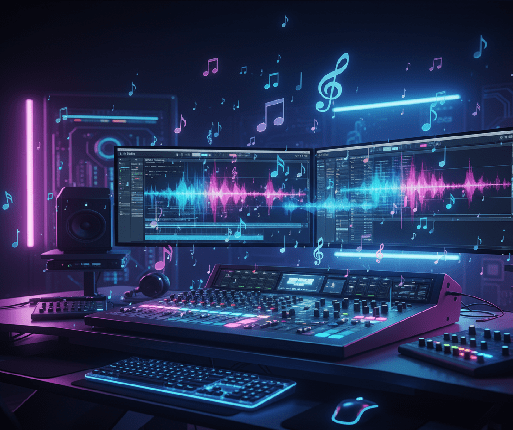
Contemporary producers use AI tools to break through creative blocks and discover fresh melodic ideas when inspiration runs dry. These systems generate multiple variations of musical phrases in seconds, providing artists with a palette of options to refine and personalize.
The technology excels at creating background elements and textural layers that would take humans hours to compose manually. Artists maintain full control over the final output, selecting and modifying AI suggestions to align with their artistic vision and intent.
How Machine Learning Enhances Vocal Production?
AI-powered vocal processing has revolutionized how singers and producers approach recording and mixing vocal tracks in professional settings. Pitch correction algorithms now work in real-time. Performers then have the chance to hear corrected versions of their vocals during recording sessions.
Harmony generation tools automatically create backup vocal parts that blend seamlessly with lead vocals, expanding sonic possibilities for solo artists. These advancements democratize high-quality vocal production, making professional-sounding results accessible to bedroom producers and independent musicians worldwide.
Authenticity and Artistic Integrity
Critics argue that AI-generated music lacks the emotional depth and human experience that gives traditional compositions their power and resonance. Supporters counter that AI simply represents another tool in the artist’s toolkit, no different from synthesizers or digital audio workstations.
Many artists find middle ground by using AI for inspiration while ensuring human judgment and emotion guide final creative decisions.
Personalization via AI Music Recommendation Systems
Streaming platforms employ sophisticated AI music algorithms that learn individual listening preferences and suggest new artists aligned with personal taste profiles. These recommendation engines analyze subtle patterns in listening behavior that users themselves might not consciously recognize or articulate clearly.
The technology creates personalized playlists that introduce listeners to emerging artists and obscure tracks they would likely never discover through traditional means. This algorithmic curation has fundamentally changed how audiences discover and consume music, creating new pathways for artists to reach potential fans who will genuinely appreciate their work and creative vision in meaningful ways.


 If you’ve ever hired a house cleaning service, you probably noticed how quickly they move through a space. Their work feels efficient and almost rhythmic, as if they’ve trained themselves into a flow. But when you’re tackling your own home, that same rhythm can be more complex to find—unless you bring in the right motivator: music. Many people claim that listening to their favorite playlist makes chores feel lighter, faster, and even enjoyable. Science backs this up, and if you want to
If you’ve ever hired a house cleaning service, you probably noticed how quickly they move through a space. Their work feels efficient and almost rhythmic, as if they’ve trained themselves into a flow. But when you’re tackling your own home, that same rhythm can be more complex to find—unless you bring in the right motivator: music. Many people claim that listening to their favorite playlist makes chores feel lighter, faster, and even enjoyable. Science backs this up, and if you want to 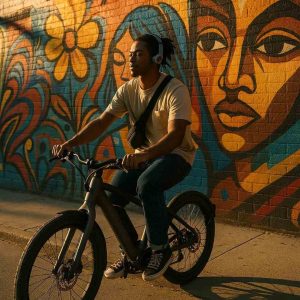 For many urban riders, the daily commute is more than a way to get from home to work. It’s a short block of time to reset, prepare, and enjoy a personal routine. Adding music to a surron light bee x e-bike commute can turn it into a daily ritual that helps manage stress and maintain focus.
For many urban riders, the daily commute is more than a way to get from home to work. It’s a short block of time to reset, prepare, and enjoy a personal routine. Adding music to a surron light bee x e-bike commute can turn it into a daily ritual that helps manage stress and maintain focus. Music transforms the chaos of moving day into a rhythmic, enjoyable experience. Moving to a new home in Greenwich, CT, can feel overwhelming with packing, lifting, and organizing. A curated playlist sets the tone, boosts energy, and keeps stress at bay. This article curates the ultimate Greenwich-themed moving day playlist, blending upbeat tracks, local vibes, and calming tunes to make your move seamless.
Music transforms the chaos of moving day into a rhythmic, enjoyable experience. Moving to a new home in Greenwich, CT, can feel overwhelming with packing, lifting, and organizing. A curated playlist sets the tone, boosts energy, and keeps stress at bay. This article curates the ultimate Greenwich-themed moving day playlist, blending upbeat tracks, local vibes, and calming tunes to make your move seamless.
 Commercial drivers spend long hours behind the wheel. For many,
Commercial drivers spend long hours behind the wheel. For many, 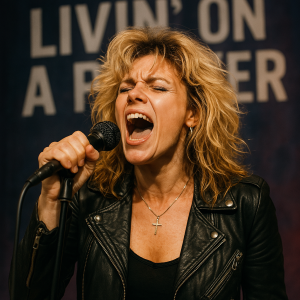 Karaoke night is a special kind of magic. It’s where shy coworkers become rock stars, and quiet bars turn into concert halls. But beyond the mic and the music, there’s something even more entertaining: the people. Karaoke brings out personalities you might not see anywhere else. Even at places like 호치민 가라오케, you’ll find the same mix—spotlight stealers, hype squads, nervous first-timers, and comic reliefs. Some come to steal the spotlight; others just want a laugh. So, which one are you? Here are the most common karaoke night personalities. See if you recognize yourself—or your friends.
Karaoke night is a special kind of magic. It’s where shy coworkers become rock stars, and quiet bars turn into concert halls. But beyond the mic and the music, there’s something even more entertaining: the people. Karaoke brings out personalities you might not see anywhere else. Even at places like 호치민 가라오케, you’ll find the same mix—spotlight stealers, hype squads, nervous first-timers, and comic reliefs. Some come to steal the spotlight; others just want a laugh. So, which one are you? Here are the most common karaoke night personalities. See if you recognize yourself—or your friends.


 Pop music is described as a commercially oriented type of music because it’s a composition mainly intended for the appreciation and consumption of wide audiences belonging to literate and tech-savvy urban societies. Pop music composers are known professional music makers who use advanced instrumentations that started to emerge during the Industrial Age.
Pop music is described as a commercially oriented type of music because it’s a composition mainly intended for the appreciation and consumption of wide audiences belonging to literate and tech-savvy urban societies. Pop music composers are known professional music makers who use advanced instrumentations that started to emerge during the Industrial Age.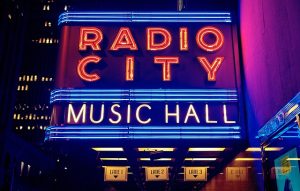 Radio broadcasting equipment had broadened the reach and extent of pop music. Radio shows became instrumental in promoting new styles of pop musical compositions in different regions, like country music, rock jazz, rhythm, blues and reggae.
Radio broadcasting equipment had broadened the reach and extent of pop music. Radio shows became instrumental in promoting new styles of pop musical compositions in different regions, like country music, rock jazz, rhythm, blues and reggae. It can be recalled that Justin Timberlake’s launch of a successful solo career in 2002, was the main reason why the boy
It can be recalled that Justin Timberlake’s launch of a successful solo career in 2002, was the main reason why the boy  The latter reunited with his four brothers played by former NSYNC members who Branch had previously left behind, namely: Lance Bass, JC Chasez, Chris Kirkpatrick and Joey Fatone. In the movie, each of the four members has taken on surprise roles, including coming back to reunite and perform a new song with Branch (Timberlake.) Rumor mills have come up with a new speculation that the song will be the first track of a reunited NSYNC band but no longer as boyband that sung hit songs like “Bye Bye Bye,” “Girlfriend” and “This I Promise You” in the early phase of the Y2K era.
The latter reunited with his four brothers played by former NSYNC members who Branch had previously left behind, namely: Lance Bass, JC Chasez, Chris Kirkpatrick and Joey Fatone. In the movie, each of the four members has taken on surprise roles, including coming back to reunite and perform a new song with Branch (Timberlake.) Rumor mills have come up with a new speculation that the song will be the first track of a reunited NSYNC band but no longer as boyband that sung hit songs like “Bye Bye Bye,” “Girlfriend” and “This I Promise You” in the early phase of the Y2K era.
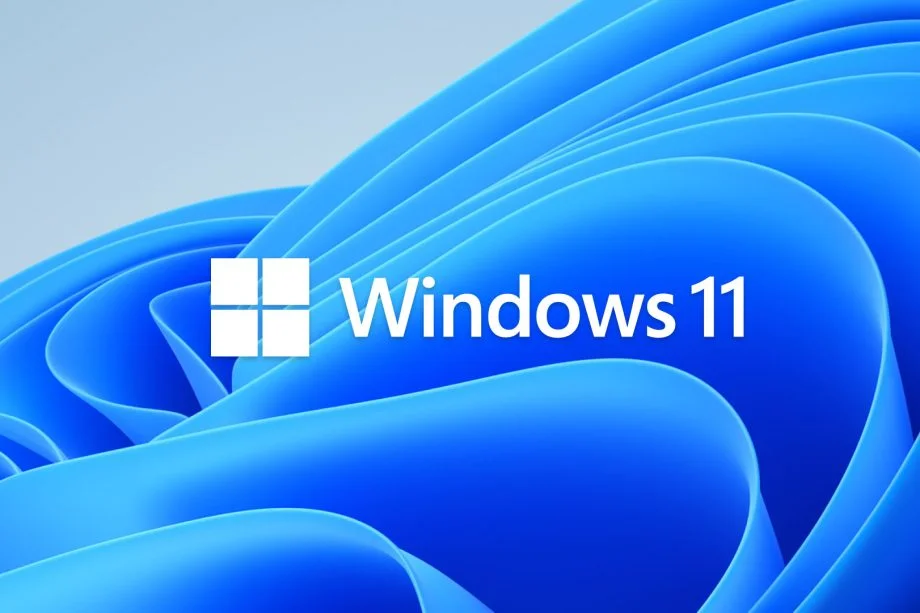
 Working in the music industry has its rewards, but it is also an incredibly volatile profession to pursue due to its unpredictability.
Working in the music industry has its rewards, but it is also an incredibly volatile profession to pursue due to its unpredictability. 
 Have you ever thought about why it’s much easier to work while listening to music through your headphones? Have you ever felt that surge of motivation from listening to your favorite song? It’s easy to become distracted in the internet age, with social media practically taking over our daily lives. We must provide for ourselves and our loved ones, so a day job or something substantial is essential. How will you find the time to continue
Have you ever thought about why it’s much easier to work while listening to music through your headphones? Have you ever felt that surge of motivation from listening to your favorite song? It’s easy to become distracted in the internet age, with social media practically taking over our daily lives. We must provide for ourselves and our loved ones, so a day job or something substantial is essential. How will you find the time to continue 


 Disc/Mp3 Car Audio System
Disc/Mp3 Car Audio System



 Music and home design may seem like two different worlds, but they share a common goal—creating the perfect atmosphere. Just as the right song can set the mood, well-designed Austin vinyl windows can shape the way a home feels. Whether you’re playing classic records or streaming your favorite tunes, the environment around you plays a key role in the experience. Vinyl windows, known for their insulation and soundproofing qualities, can enhance the way music is enjoyed indoors.
Music and home design may seem like two different worlds, but they share a common goal—creating the perfect atmosphere. Just as the right song can set the mood, well-designed Austin vinyl windows can shape the way a home feels. Whether you’re playing classic records or streaming your favorite tunes, the environment around you plays a key role in the experience. Vinyl windows, known for their insulation and soundproofing qualities, can enhance the way music is enjoyed indoors.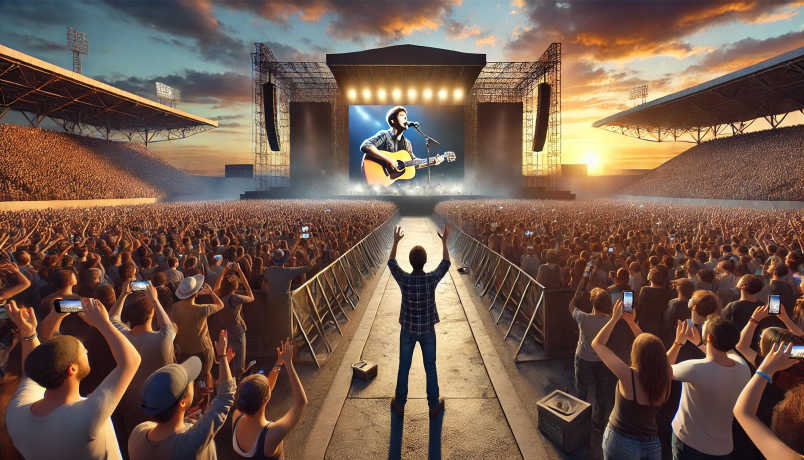

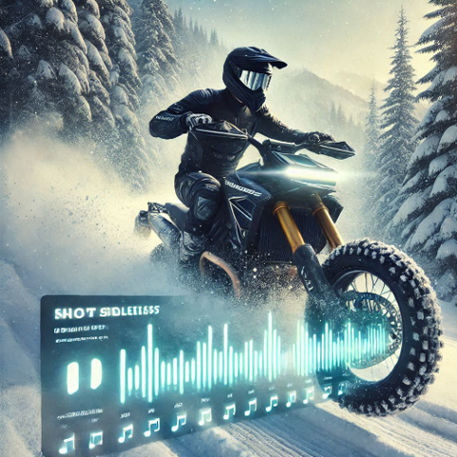
 Building environments that improve musical experiences depends much on roofing contractors. Choosing appropriate building materials and construction methods helps to guarantee that the roof of the structure supports a suitable habitat for music. The correct roofing decisions can make all the difference, from a quiet home studio to a performance venue with great acoustics.
Building environments that improve musical experiences depends much on roofing contractors. Choosing appropriate building materials and construction methods helps to guarantee that the roof of the structure supports a suitable habitat for music. The correct roofing decisions can make all the difference, from a quiet home studio to a performance venue with great acoustics. 
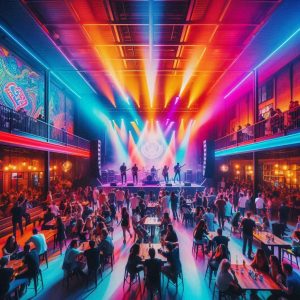 Musicians in Georgia looking to relocate to the region’s big cities arrange for a moving appointment. Musicians like artists, after all, prefer to have as little disruption as possible so they can immediately go back to working on unfinished projects. Some others are just eager to settle in Midtown, a city in Atlanta where there is a significant concentration of music, arts and cultural venues,facilities and organizations.
Musicians in Georgia looking to relocate to the region’s big cities arrange for a moving appointment. Musicians like artists, after all, prefer to have as little disruption as possible so they can immediately go back to working on unfinished projects. Some others are just eager to settle in Midtown, a city in Atlanta where there is a significant concentration of music, arts and cultural venues,facilities and organizations. Anyway, when booking for a same-day moving appointment with the Deluxe Moving Solutions website, a quotation for the estimated costs of transportation, labor, packing materials and boxes will be provided free of charge. Online inquirers and regular customers, though, have to signify approval of the estimated costs before the company proceeds with the moving activities.
Anyway, when booking for a same-day moving appointment with the Deluxe Moving Solutions website, a quotation for the estimated costs of transportation, labor, packing materials and boxes will be provided free of charge. Online inquirers and regular customers, though, have to signify approval of the estimated costs before the company proceeds with the moving activities. The desire to boost the performance of TRD Tacoma pickup vehicles for street-driving had inspired TRD engineers to develop and create tacoma trd rims and wheels. Actually, the Toyota Racing Development (TRD) sector was borne out of Toyota’s zealous desire to let ordinary vehicle consumers
The desire to boost the performance of TRD Tacoma pickup vehicles for street-driving had inspired TRD engineers to develop and create tacoma trd rims and wheels. Actually, the Toyota Racing Development (TRD) sector was borne out of Toyota’s zealous desire to let ordinary vehicle consumers  Tacoma TRD wheels and rims are options for upgrading the support of the off-road pickup truck’s tires, engine and suspension system, particularly the shocks and springs. Their contributions help a Tacoma driver handle tough terrains more confidently.
Tacoma TRD wheels and rims are options for upgrading the support of the off-road pickup truck’s tires, engine and suspension system, particularly the shocks and springs. Their contributions help a Tacoma driver handle tough terrains more confidently.
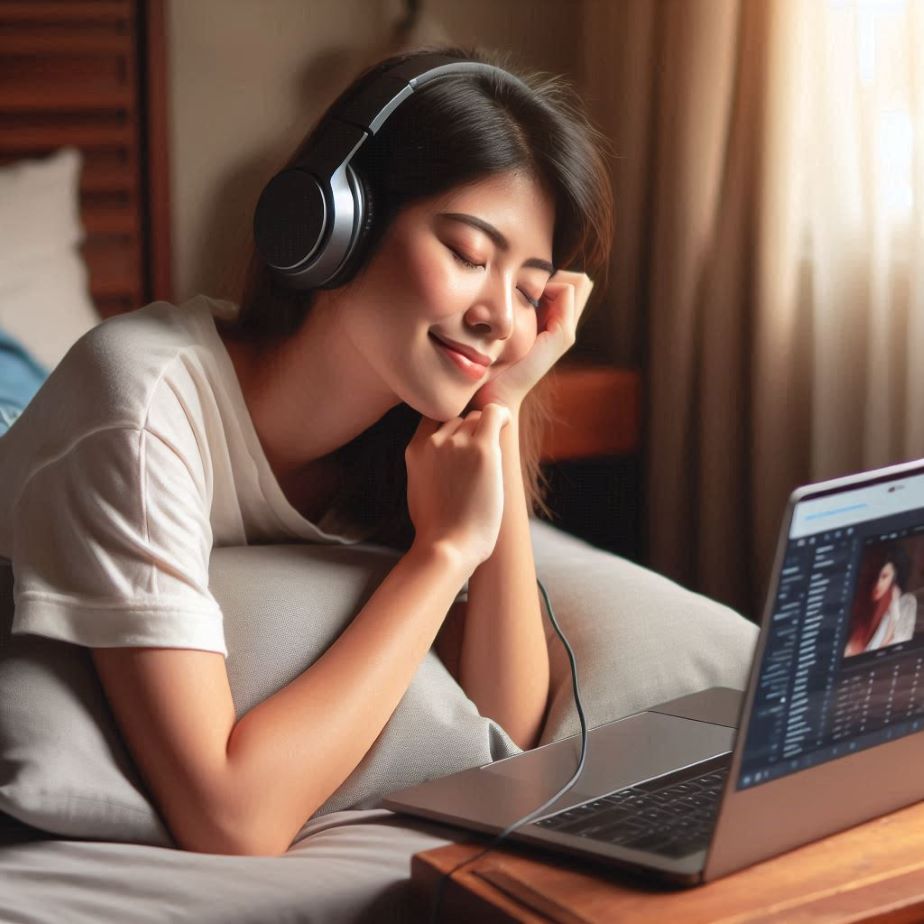
 Music has a unique ability to transform any event, setting the tone and creating a memorable experience for attendees. Whether it’s a corporate event, product launch, or trade show, the right music can engage the audience, evoke emotions, and complement the overall theme. However, the impact of music goes beyond just the sound. When combined with the presence of professional event models, music can significantly elevate the atmosphere, leaving a lasting impression on guests.
Music has a unique ability to transform any event, setting the tone and creating a memorable experience for attendees. Whether it’s a corporate event, product launch, or trade show, the right music can engage the audience, evoke emotions, and complement the overall theme. However, the impact of music goes beyond just the sound. When combined with the presence of professional event models, music can significantly elevate the atmosphere, leaving a lasting impression on guests.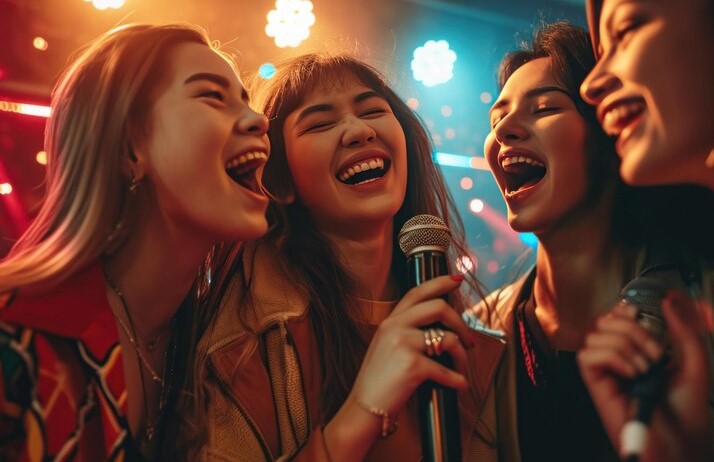



 Ever wondered why some cats seem to be drawn to music, while others may sprint in the opposite direction at the first note? Music, with its diverse range of frequencies and vibrations, affects many living beings, including our feline companions. Cats have a different frequency range of hearing compared to humans, which makes their experience of music distinct.
Ever wondered why some cats seem to be drawn to music, while others may sprint in the opposite direction at the first note? Music, with its diverse range of frequencies and vibrations, affects many living beings, including our feline companions. Cats have a different frequency range of hearing compared to humans, which makes their experience of music distinct.

 Divorces can be complicated and stressful, especially when valuable assets are involved. For couples in the music industry, dividing music assets can be a particularly tricky part of the divorce settlement process. Understanding the value of music assets and negotiating their division is crucial for a fair and equitable settlement for couples
Divorces can be complicated and stressful, especially when valuable assets are involved. For couples in the music industry, dividing music assets can be a particularly tricky part of the divorce settlement process. Understanding the value of music assets and negotiating their division is crucial for a fair and equitable settlement for couples 
